
Is the average annual income of central state-owned enterprises (SOEs) leaders too high? Are state-owned enterprises currently advancing at the same time private enterprises are retreating? Will government take actions to help state-owned enterprises at a certain point? During the two sessions, Shao Ning, the Deputy Director of SASAC (State-owned Assets Supervision and Administration Commission, the government supervisor of 128 central SOEs), answered these questions.
It has been 14 years since Chinese state-owned enterprises started real reform in 1998. During these years, state-owned enterprises witnessed rapid development, and even created a considerable degree of monopoly. Although China has issued relevant policies, allowing private enterprises to enter some areas facing powerful opponents, many private enterprises hesitate to make a move.
"There are rumors that the central SOEs bosses enjoy high wages, and their average annual income is over 100,000 yuan, which in fact, it is not that high", said Shao Ning.
Shao Ning also mentioned "there is a popular belief that state-owned enterprises advance as private enterprises retreat" and said this has no statistical data support.
He said that over the past few years, private enterprises are still growing faster than the state-owned enterprises, "Today, state-owned enterprises and private enterprises are actually having equal competition. For small and medium enterprises (SMEs), in the past few years, many state-owned enterprises have left the competition.
Shao Ning said that the financing of SMEs is a worldwide problem, not the problem of the ownership.
Read the Chinese version:国资委官员就“国企独大”逐一释疑
Source:Chinanews.com
Reporter:Jiang Yun


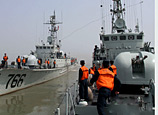



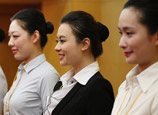
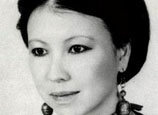

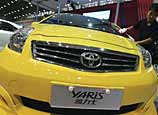
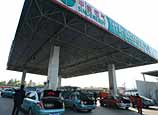






 Flight attendants recruitment attracts beautiful young applicants
Flight attendants recruitment attracts beautiful young applicants


![]()
